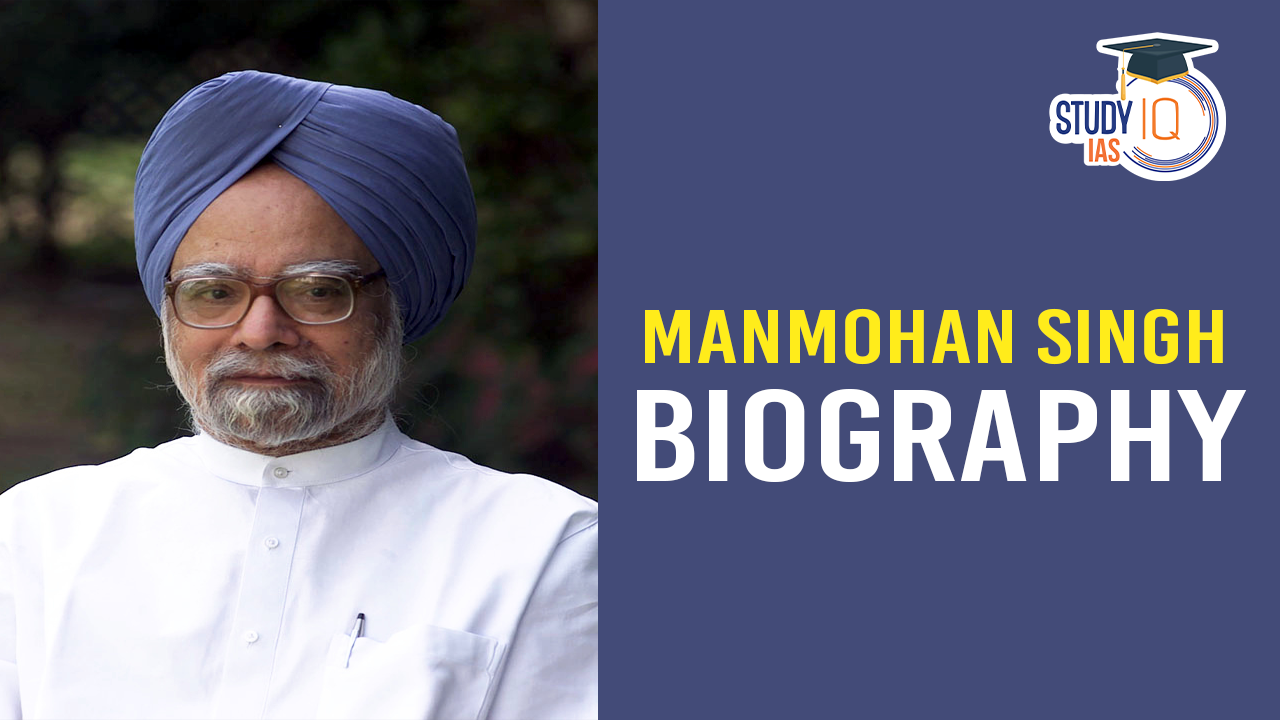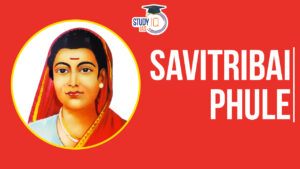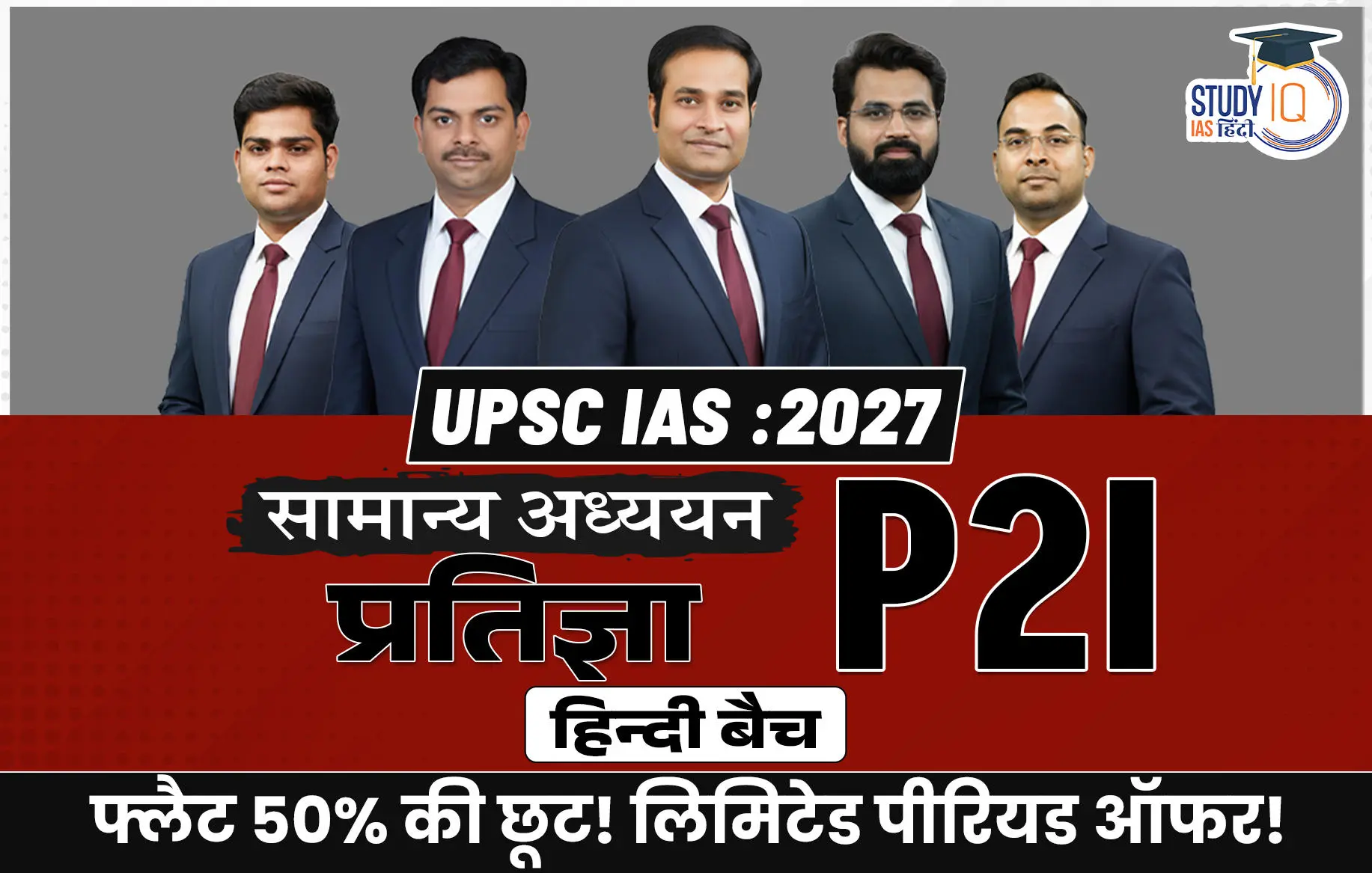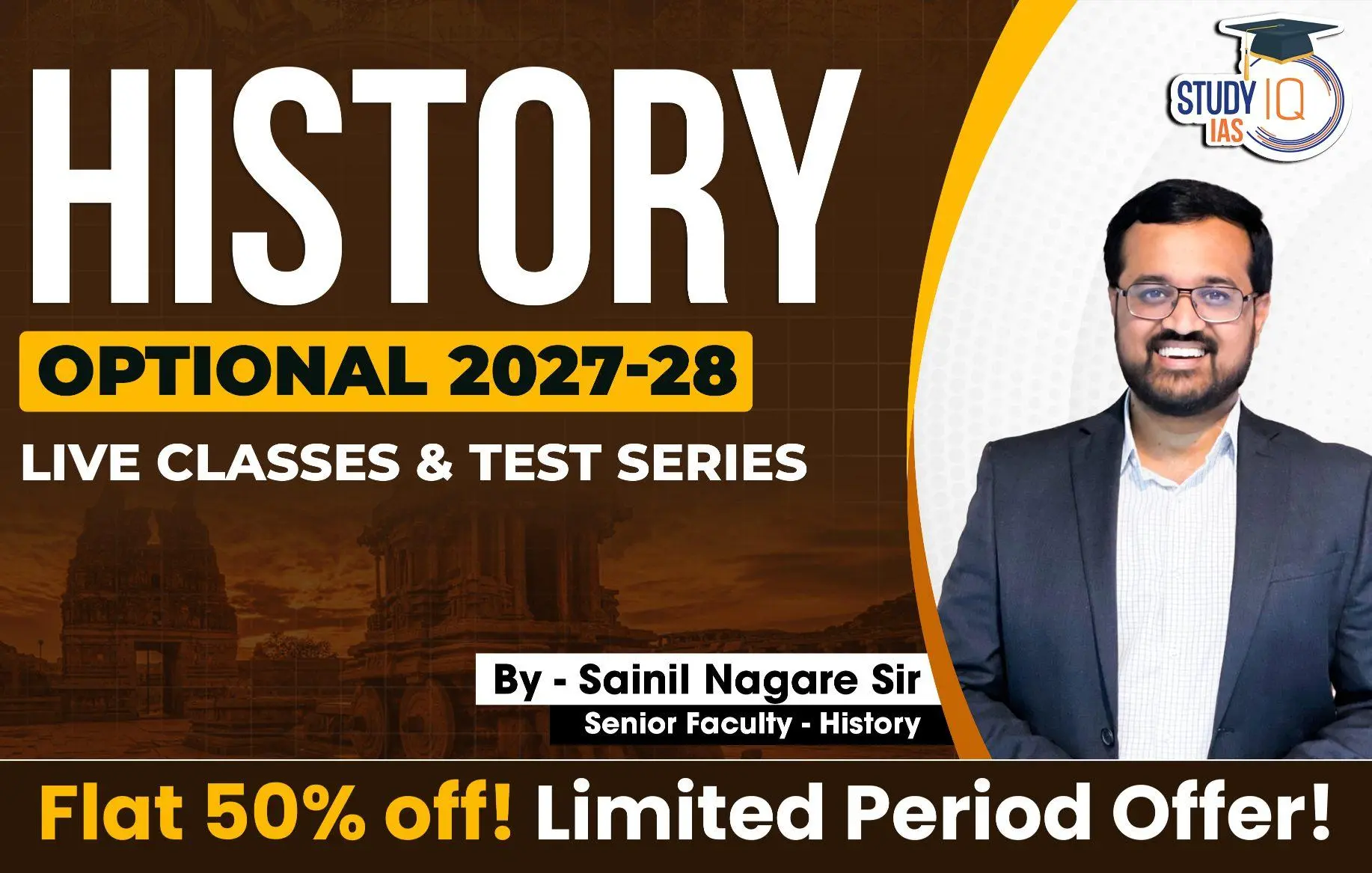Table of Contents
Dr. Manmohan Singh, an eminent economist and a revered politician, remains one of India’s most significant figures in modern history. Serving as the Prime Minister of India from 2004 to 2014, Singh was the first Sikh to hold the country’s highest office. His tenure and contributions marked a transformative era in India’s economic and political landscape.
Dr. Manmohan Singh Passed Away
On 26 December 2024, Dr. Manmohan Singh passed away at the age of 92. His demise marked the end of an era, evoking tributes from political leaders and citizens worldwide. Prime Minister Narendra Modi and members of the Congress party highlighted his invaluable contributions to India’s development.
Congress calls Manmohan Singh’s Funeral at Nigambodh ghat a Deliberate insult to First Sikh PM
The controversy surrounding the funeral arrangements for former Prime Minister Manmohan Singh highlights a significant political rift between the Congress party and the central government. The Congress is critical of the Ministry of Home Affairs’ decision to conduct Singh’s last rites at Nigambodh Ghat rather than a more prominent location like Veer Bhumi or Shakti Sthal, which could potentially serve as a memorial site.
Manmohan Singh’s Early Life and Education
Manmohan Singh was born on 26 September 1932 in Gah, a small village in West Punjab, now part of Pakistan. Despite the challenges of partition, his family’s commitment to education profoundly shaped his future.
Academic Brilliance
- Panjab University, Chandigarh: Singh earned his Bachelor’s and Master’s degrees in Economics in 1952 and 1954, respectively.
- University of Cambridge: He graduated with a First Class Honours degree in Economics in 1957.
- University of Oxford: Singh completed his D.Phil. in 1962 at Nuffield College, specializing in international trade and economic development.
His academic credentials established him as a thought leader in economics, earning him teaching roles at institutions such as Punjab University and the Delhi School of Economics.
Career as an Economist
Dr. Singh began his professional journey as an economist in various capacities:
- United Nations Conference on Trade and Development (UNCTAD): Singh contributed to global trade policies.
- Ministry of Commerce, Government of India (1971): Appointed as an economic advisor, Singh’s expertise in fiscal policy became evident.
- Reserve Bank of India (1982-1985): Serving as the Governor of the RBI, Singh played a crucial role in stabilizing India’s monetary policy.
Entry into Politics
Dr. Manmohan Singh’s political journey began in earnest when he was appointed as the Finance Minister of India in 1991 under Prime Minister P.V. Narasimha Rao. At a time when India faced a severe economic crisis, Singh introduced groundbreaking economic reforms that:
- Liberalized the Indian economy.
- Opened markets to foreign investments.
- Reduced trade barriers and tariffs.
- Devalued the Indian rupee to stabilize foreign reserves.
These reforms laid the foundation for India’s rapid economic growth and integration into the global economy.
Tenure as Prime Minister (2004-2014)
Dr Manmohan Singh’s tenure as the Prime Minister spanned a decade of significant change. Leading a coalition under the United Progressive Alliance (UPA), he focused on inclusive growth, poverty alleviation, and infrastructural development.
Key Achievements
- Economic Growth: India’s GDP growth averaged around 7.7% during his first term, making it one of the fastest-growing economies in the world.
- Legislative Milestones:
- Right to Information Act (2005): Empowered citizens to hold the government accountable.
- National Rural Employment Guarantee Act (2005): Provided employment to millions of rural Indians.
- Food Security Act (2013): Ensured subsidized food grains to two-thirds of India’s population.
- Nuclear Agreement: The Indo-US Civil Nuclear Agreement of 2008 was a landmark in India’s foreign policy, allowing India access to nuclear technology and fuel for peaceful purposes.
Challenges
While his tenure was marked by significant achievements, it was not without challenges:
- Corruption Scandals: Allegations of corruption in the 2G spectrum allocation and Commonwealth Games tarnished the UPA’s image.
- Inflation: Rising inflation during his second term eroded public trust in his administration.
Legacy
Dr. Singh is remembered as the “architect of India’s economic reforms” and a leader who balanced growth with social justice. His calm demeanor, scholarly approach, and integrity earned him respect across political and social spectrums.
Awards and Honours
Dr. Singh received numerous accolades for his contributions:
- Padma Vibhushan (1987): India’s second-highest civilian award.
- Finance Minister of the Year: Awarded by Euromoney (1993) and Asiamoney (1994).
- Honorary Degrees: Conferred by leading institutions, including Cambridge and Oxford.
- Global Recognition: Received the Grand Cordon of the Order of the Paulownia Flowers from Japan in 2014.
Personal Life
Dr. Manmohan Singh was married to Gursharan Kaur, and the couple had three daughters. Known for his humility and scholarly disposition, Singh often avoided public confrontations, focusing instead on policy and governance.
Conclusion
Dr. Manmohan Singh’s life is a testament to the power of intellect, integrity, and quiet determination. From steering India through an economic crisis to shaping its global identity, his legacy will continue to inspire generations. As a visionary economist and a leader who prioritized the nation’s welfare, Dr. Singh’s contributions will forever remain etched in India’s history.


 Chhatrapati Shivaji Maharaj Jayanti 2026...
Chhatrapati Shivaji Maharaj Jayanti 2026...
 Savitribai Phule Biography, Early Life, ...
Savitribai Phule Biography, Early Life, ...
 Birsa Munda Birth Anniversary 2025: Life...
Birsa Munda Birth Anniversary 2025: Life...




















